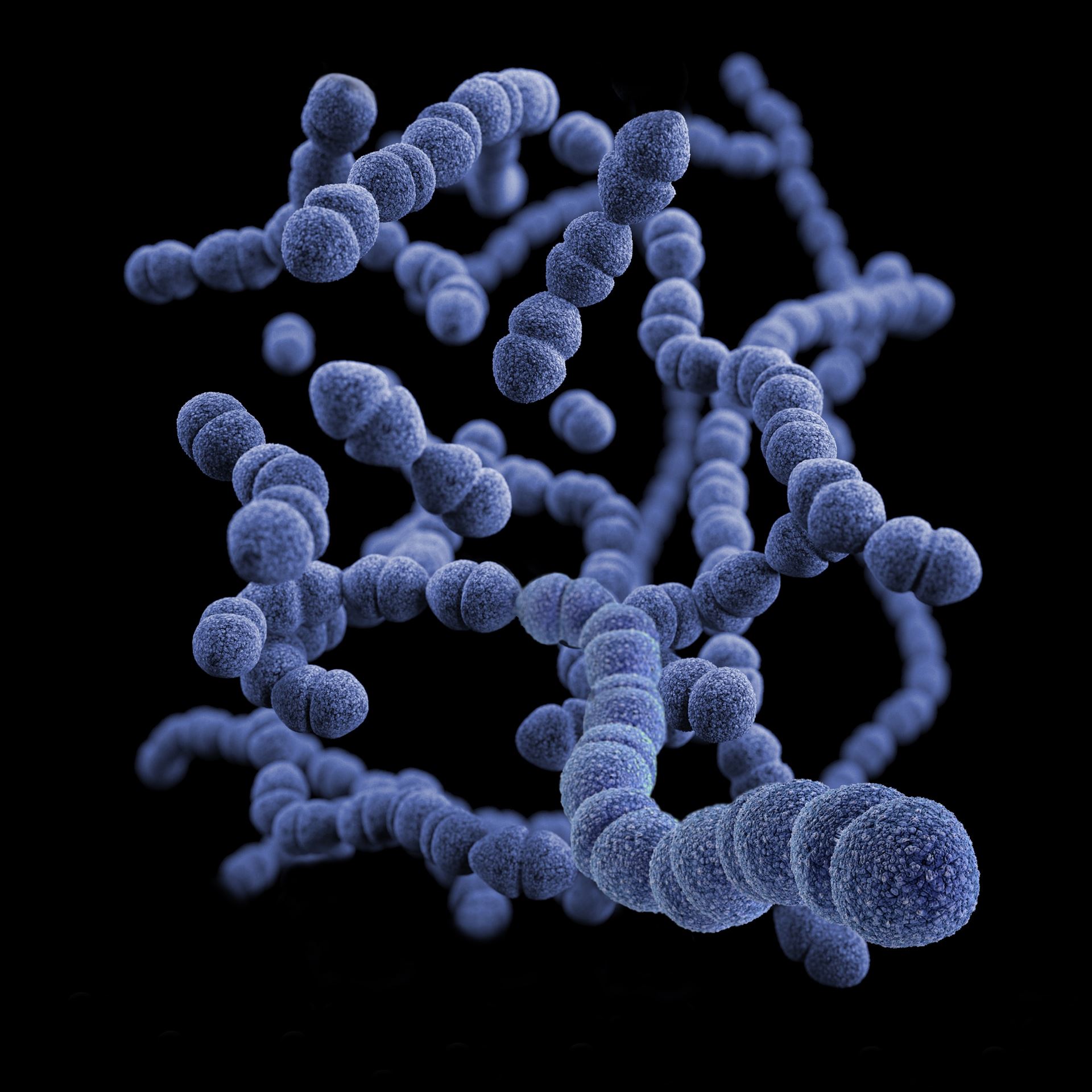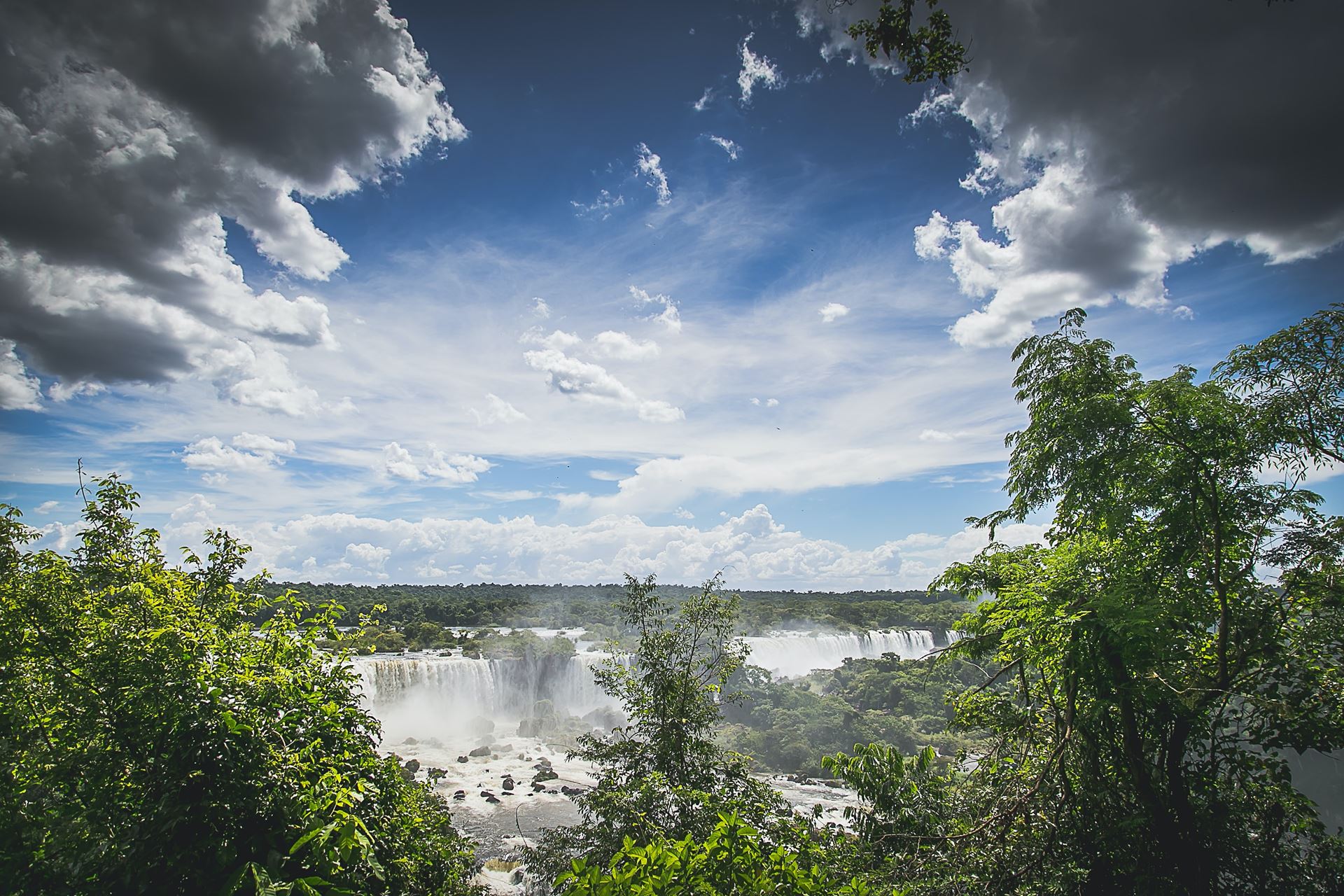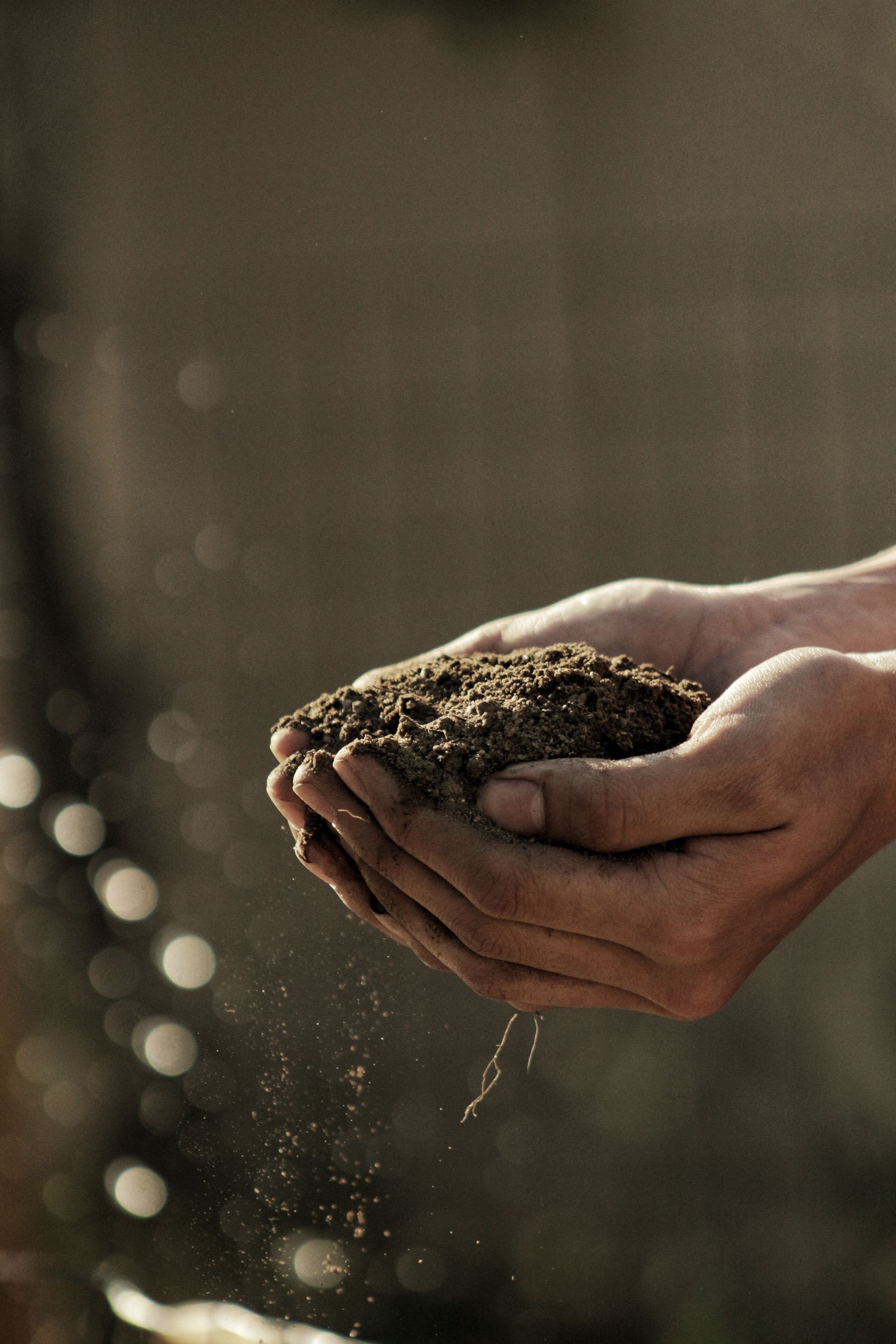Ecosystems
The definition of Ecosystem includes:
- A biological community of interacting organisms and their physical environment.
- A complex network of interconnected systems.
With this section, we hoped to draw out discussion and interest in how as human beings, we are an ecosystem in our own right and in turn our ecosystem is connected with all the other ecosystems on this planet. This miracle of life is easy to overlook and indeed we have done so.
Consider how the following ecosystems may be linked:
- Human microbiome (our internal ecosystem)
- Community ecosystem (who makes up your community and how well do you interact with your own community)
- Soil microbiome (soil ecosystem)
- Food chain ecosystem
- Environmental ecosystem (from your home surroundings, to exposure to nature, to the huge damage we human beings have wreaked on planet Earth)
All the above are intimately connected and injury to one ecosystem will injure other ecosystems. It therefore makes sense that in order to tackle the issues with human health, we have to look much wider than just what we put into our bodies and that the choices we make on a daily basis has environmental impacts that in turn come back round to affect us.
Human ecosystem
Within our own bodies exists ecosystems comprising our microbiome (our gut flora consisting of bacteria, parasites, fungi and viruses) and that in turn interacts with all aspects of our human physiology (how our body functions). The 4 pillars of health: Food, Movement, Sleep and Stress have all been shown to have effects on our microbiome. Gut health as it turns out dictates how well are bodies and minds function. In addition, the chemicals that we are exposed to also have significant effects on our microbiome and human physiology.
Environmental ecosystem
The planet is polluted with toxic chemicals which are in the air, the soils and the water (including the water we drink). Consider where all these chemicals come from. Anywhere from the processed foods, to the antibiotics/hormones fed to reared animals, to the chemicals we add to the soil, to the chemicals in our cosmetics, to the drugs that we take, to the chemicals produced by industry, from the burning of fossil fuels…… the list really does go on.
Soil and food chain ecosystem
With industrial farming, we have lost traditional regenerative agricultural practices which gave us rich fertile nutrient dense soils and are actively destroying the soil ecosystems with the pesticides and fertilisers used. Destruction of this complex soil ecosystem has in turn serious consequences for our human microbiome as we not only consume the chemicals pumped into the soil but the vegetables grown within these nutrient depleted soils are in turn themselves nutrient depleted. Consider when we lock up animals in barns rather than allowing them to graze on pasture as nature intended, not only does this have significant impact on their well-being but the methane production is massively increased. When allowed to roam free on grass, their faeces fertilises and enriches the soil which in turn sucks the carbon out of the atmosphere – linking soil ecosystems with wider environmental ecosystems.
Community ecosystem
We human beings also exist within communities. There is so much evidence linking human well-being to how connected we are with our communities and society. Isolation and loneliness are at the root of much of human unhappiness. How can we move towards a fairer and more inclusive society which appreciates all these connections?
Perhaps the Covid-19 pandemic has served to remind us how more than ever if we are to survive we must live in harmony with our communities and environment.
Page created: 30 March 2021



